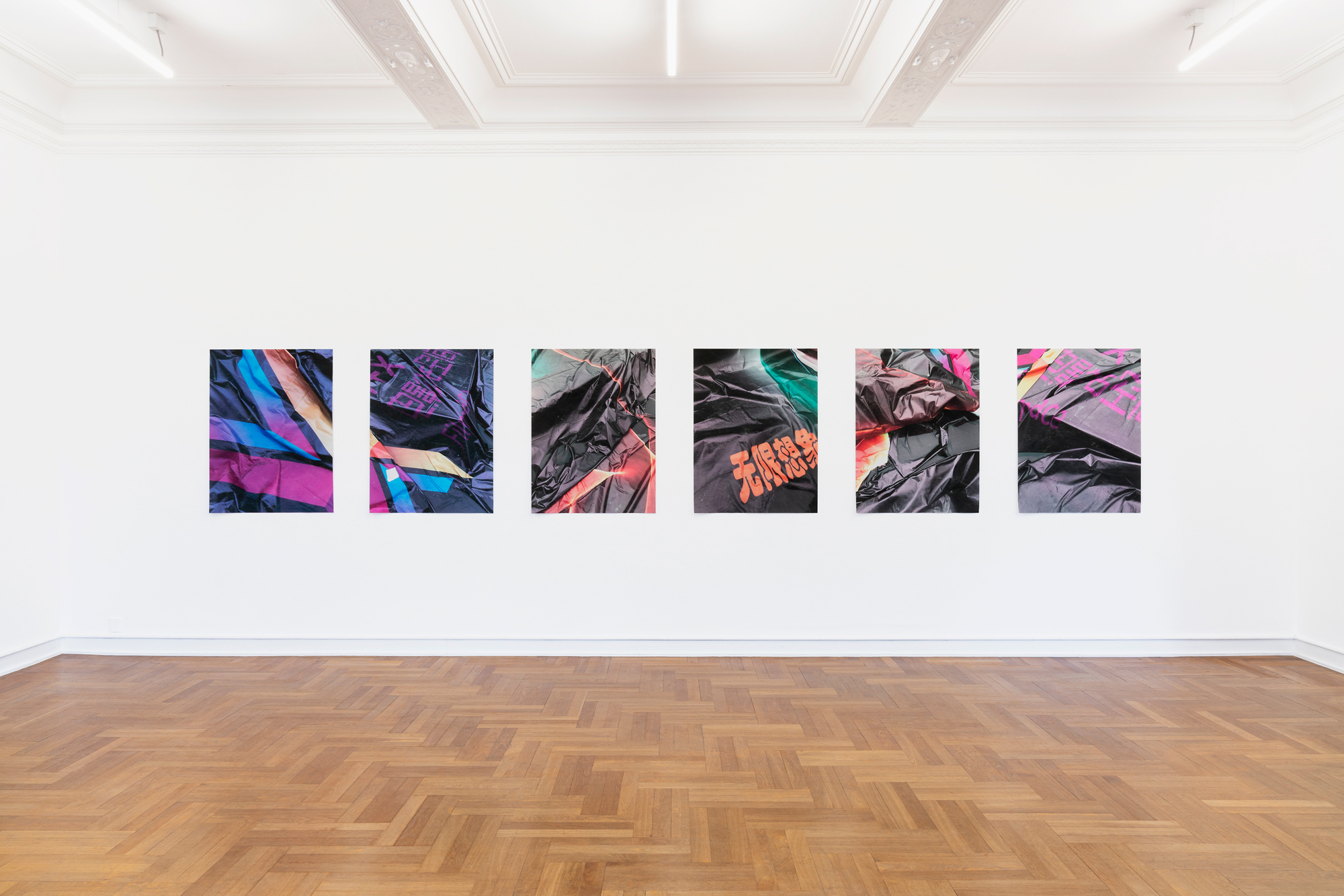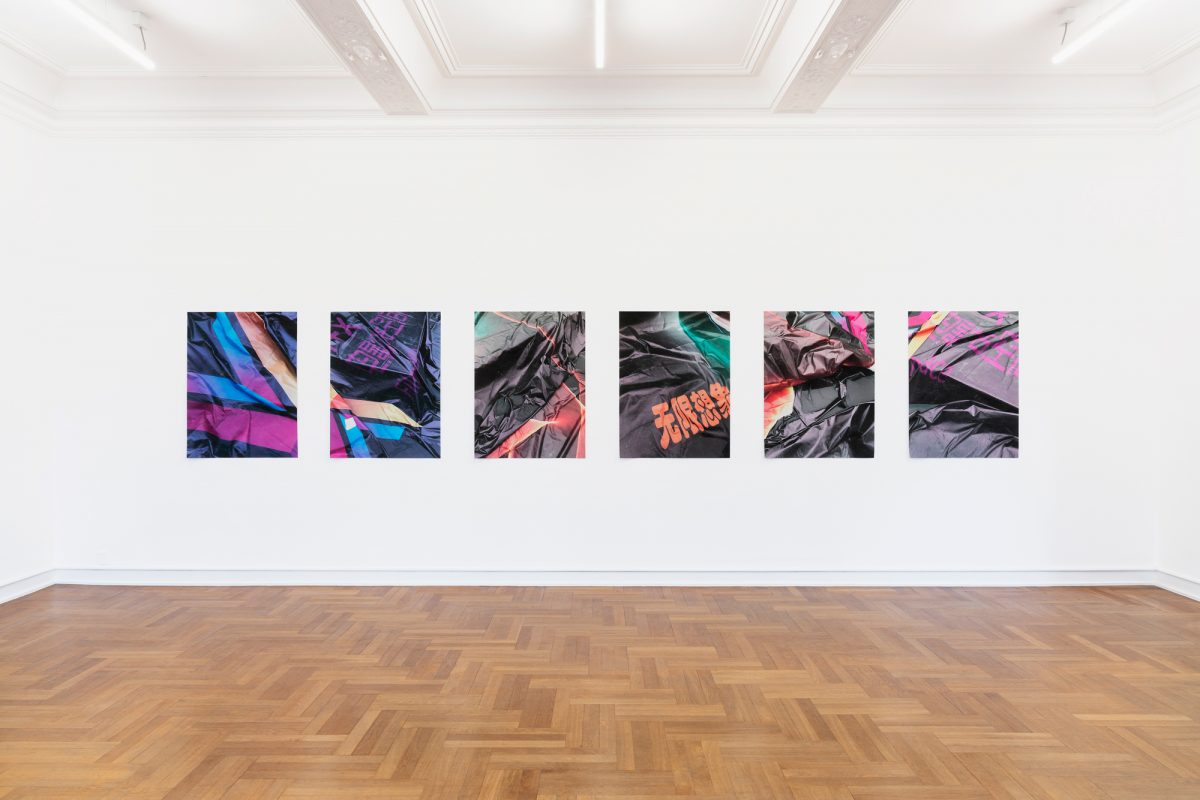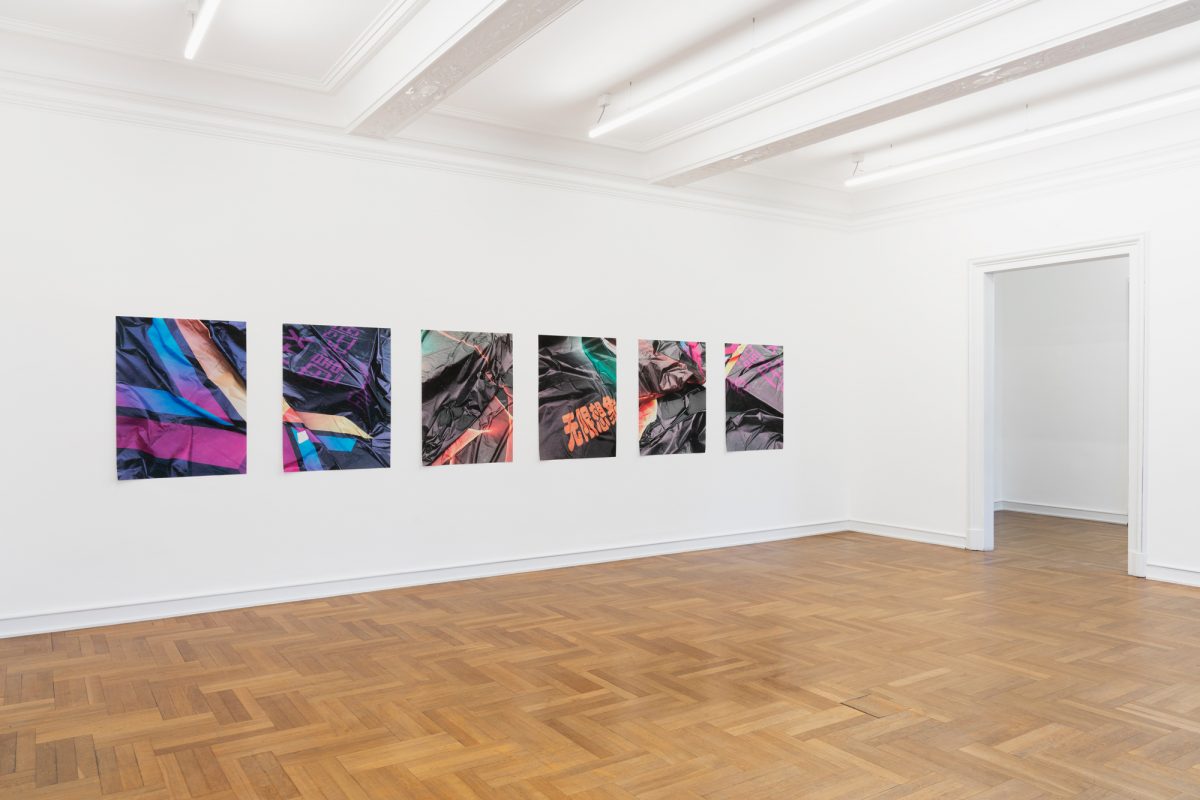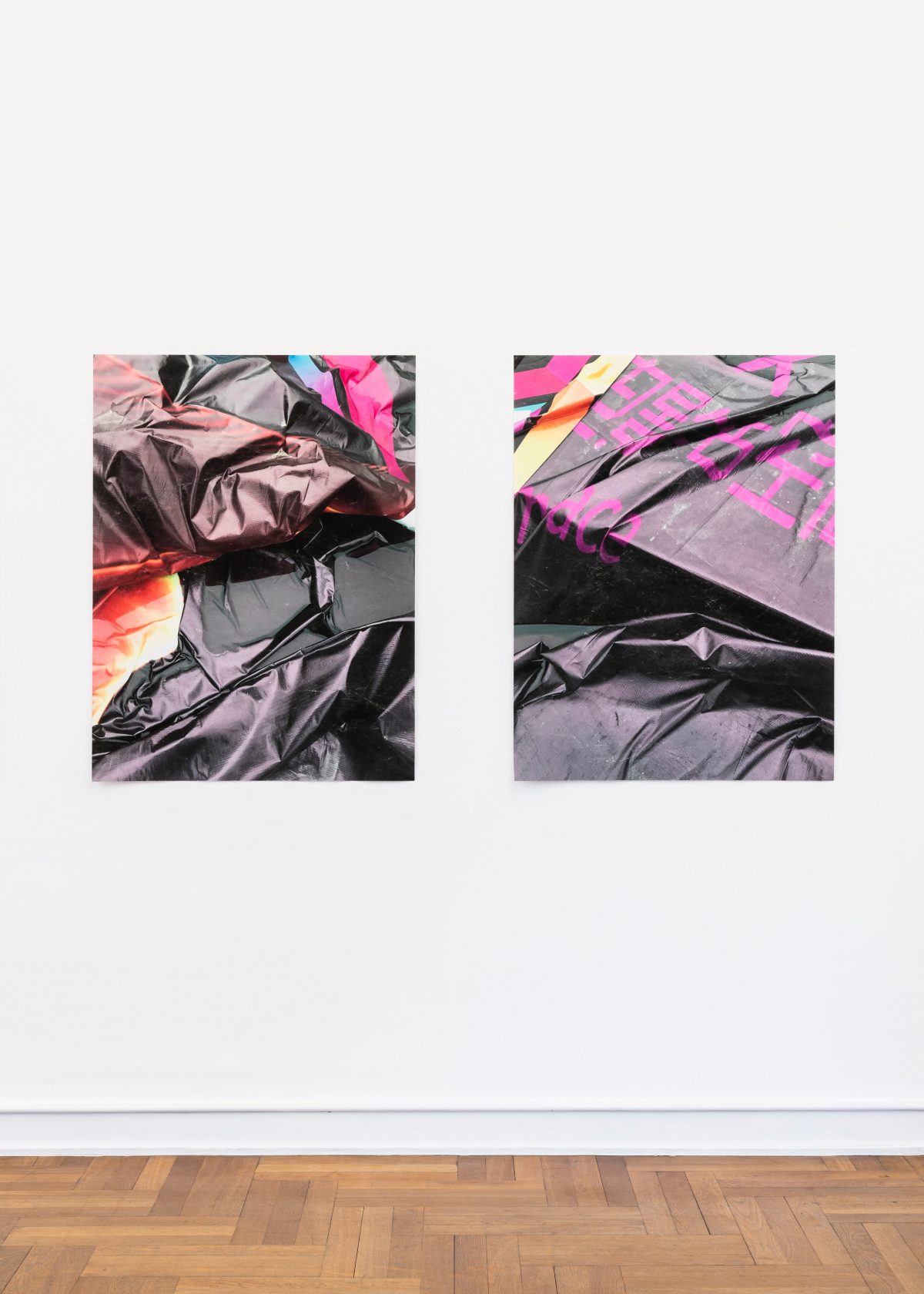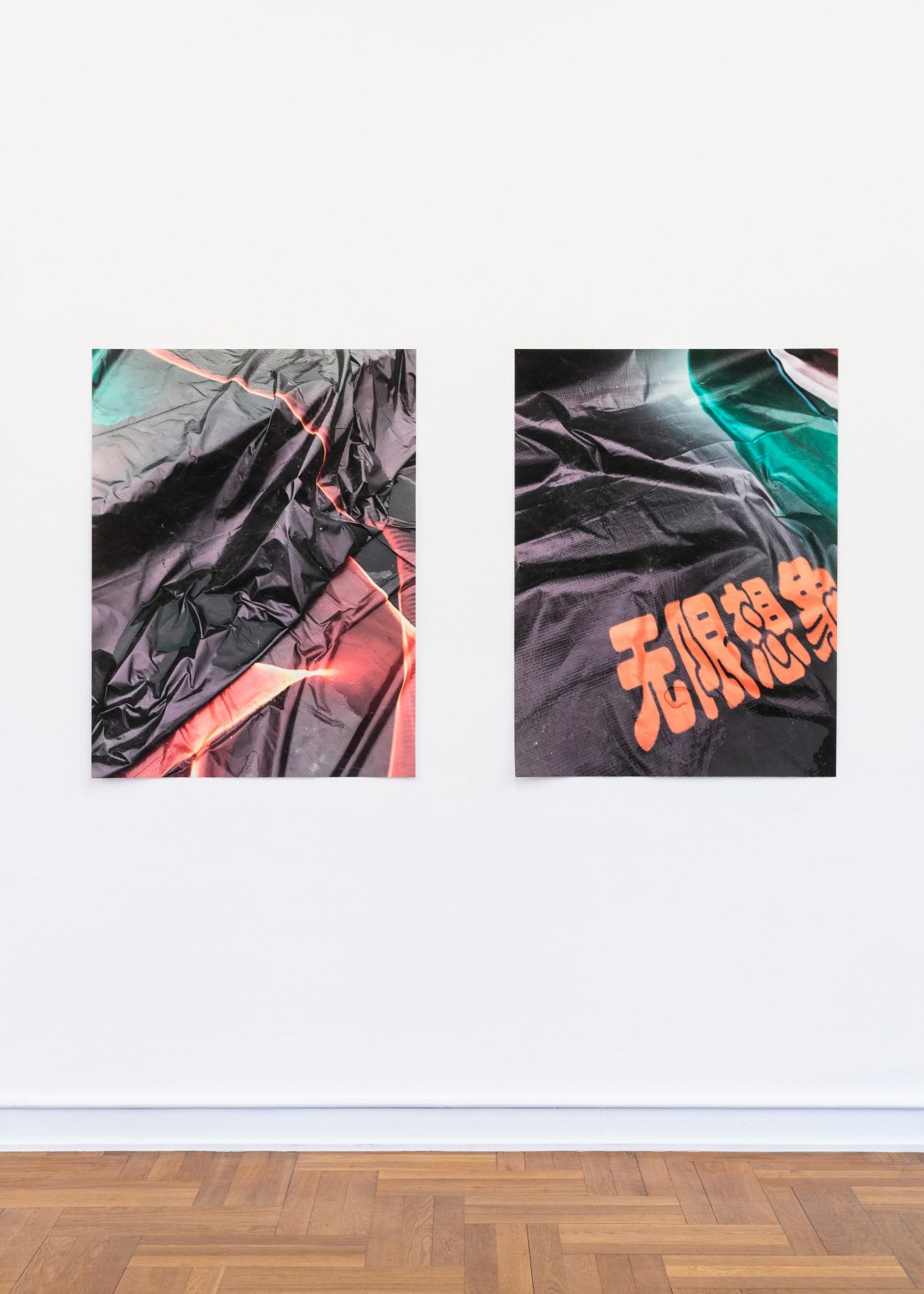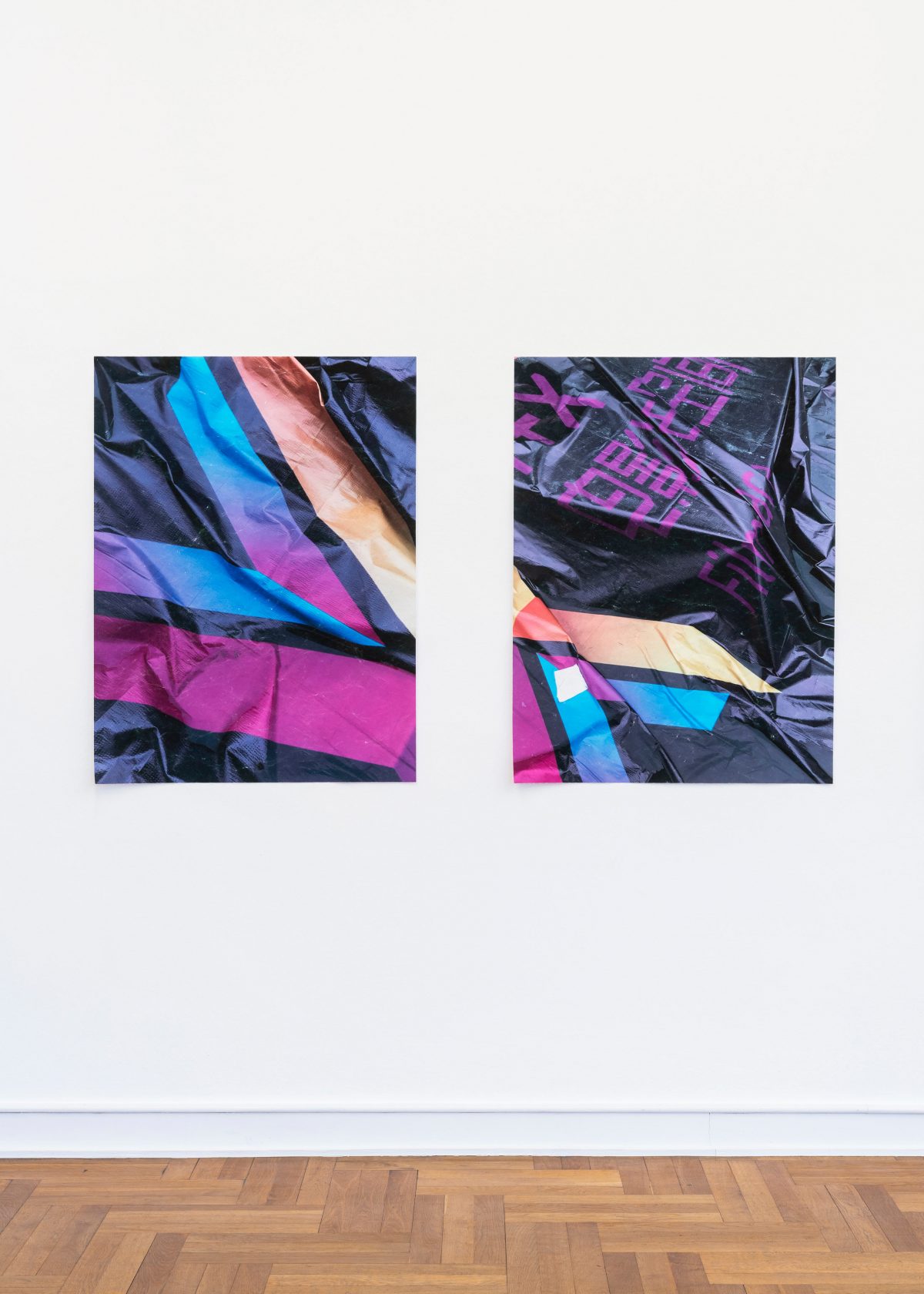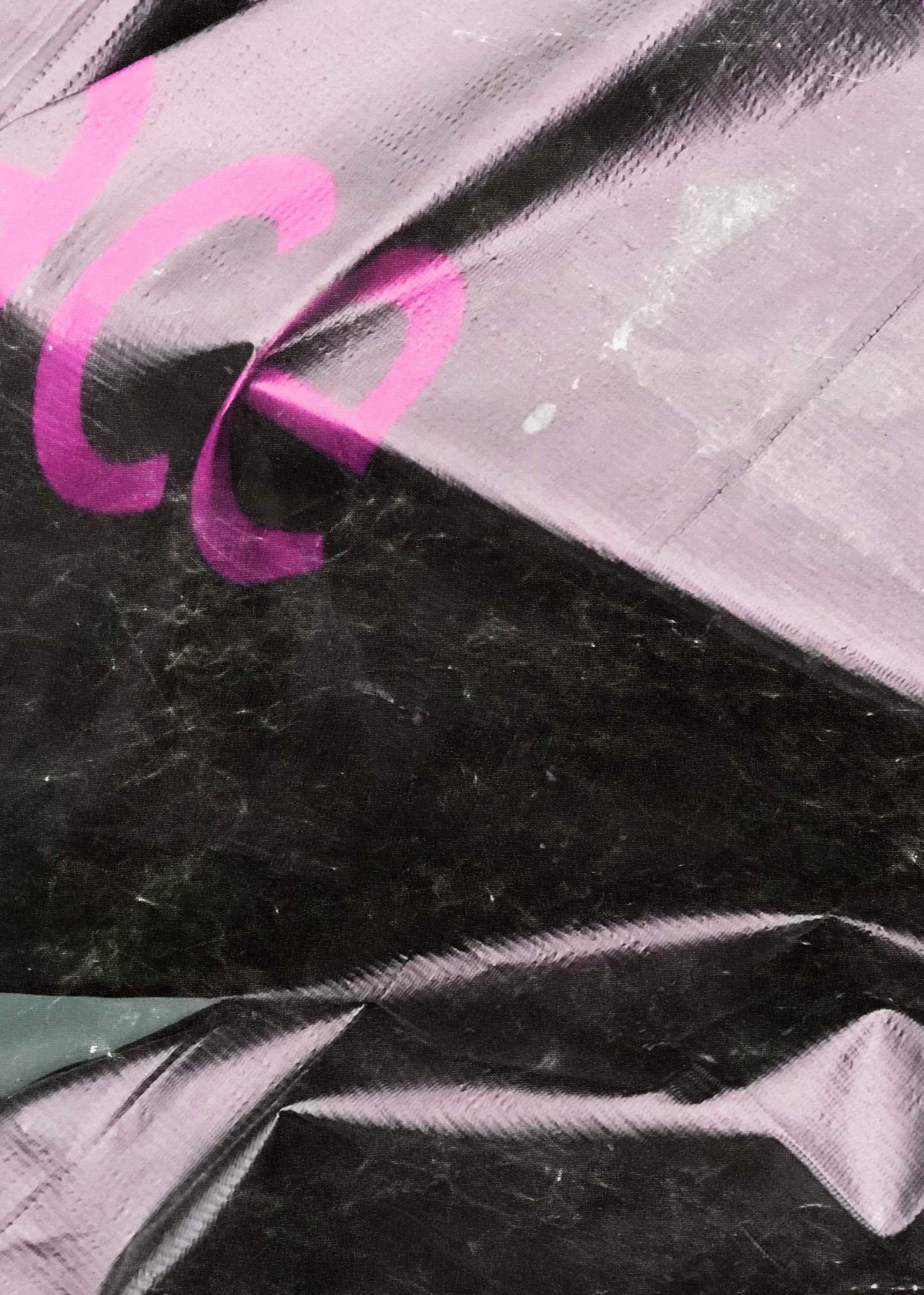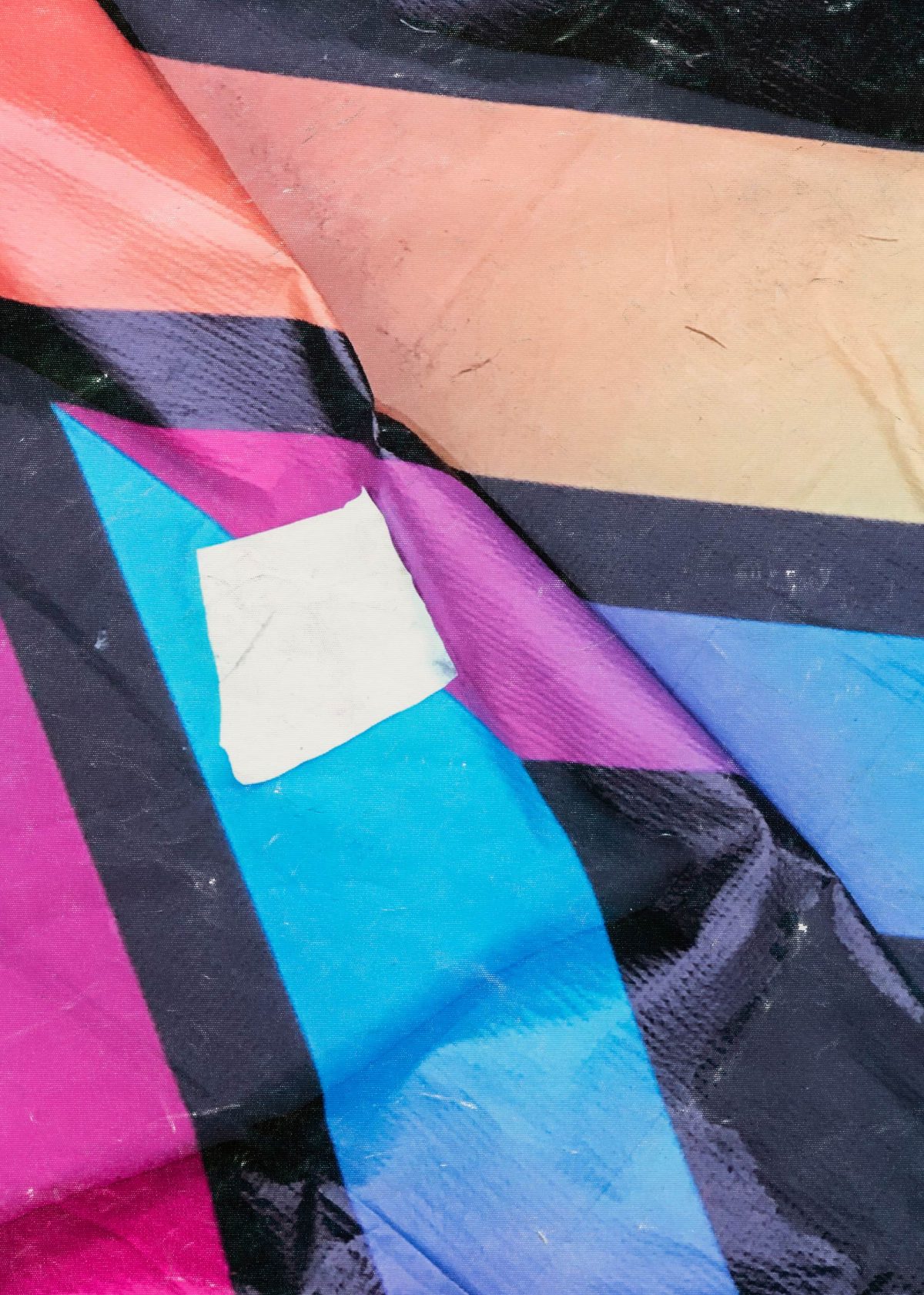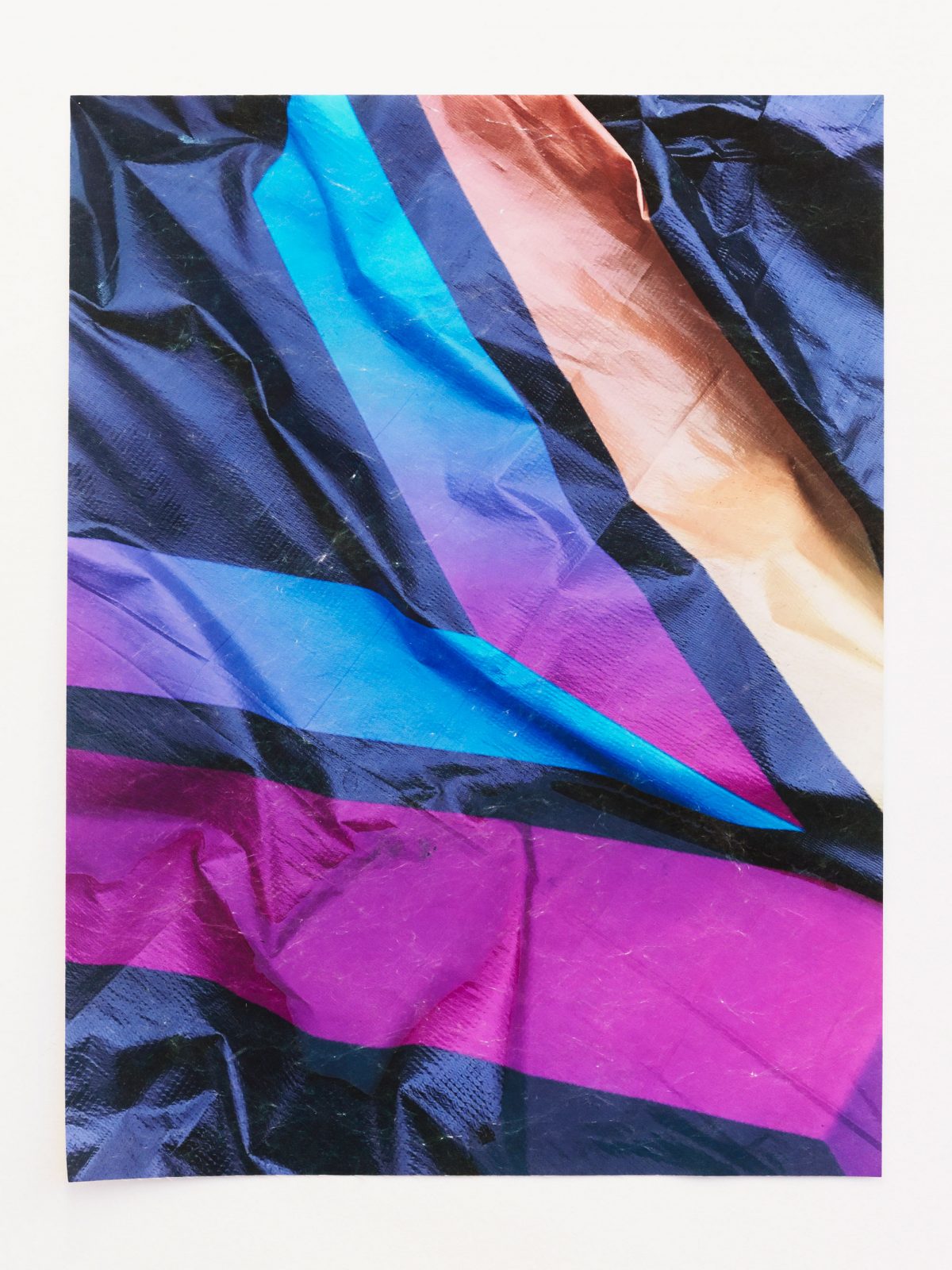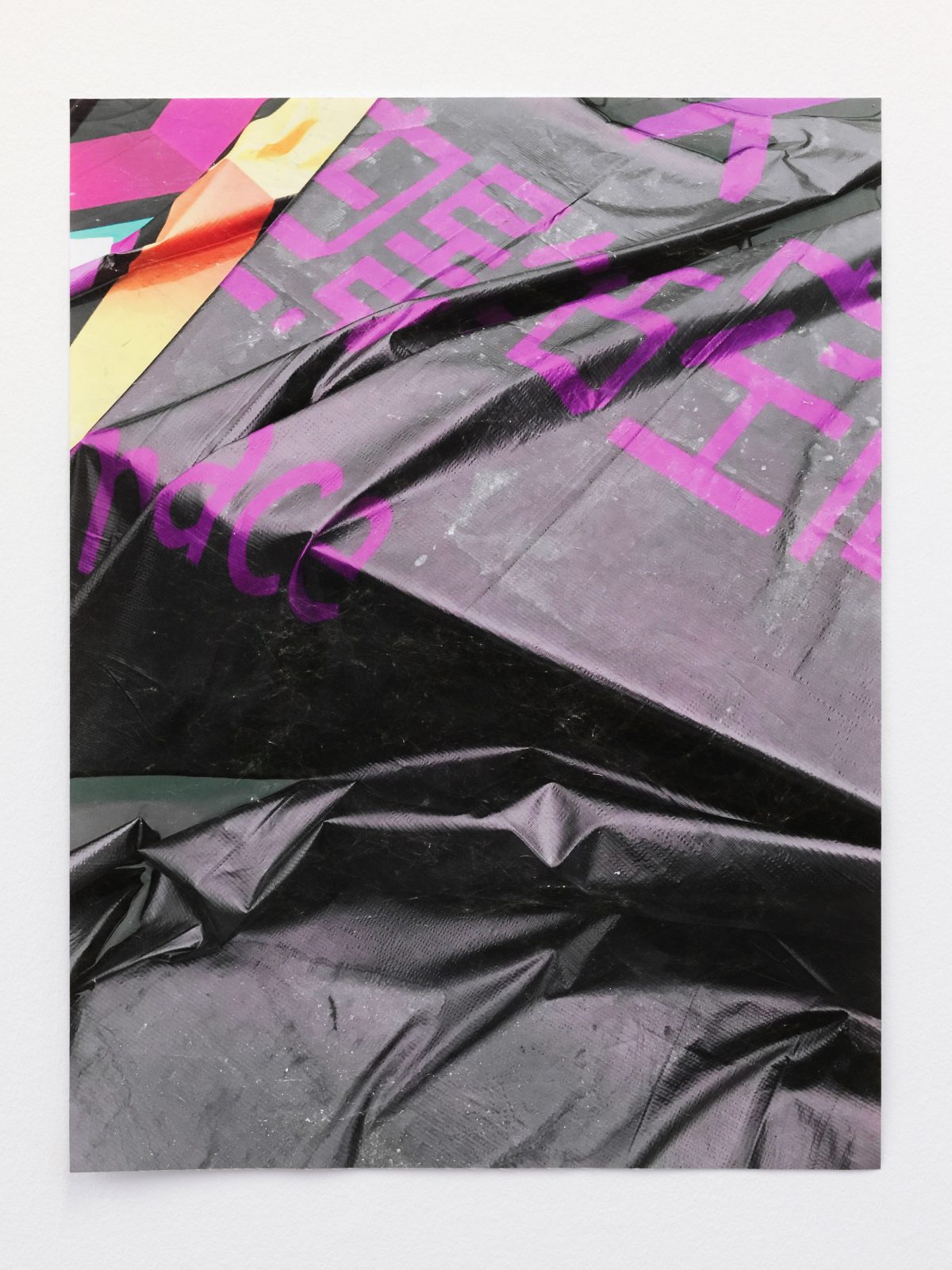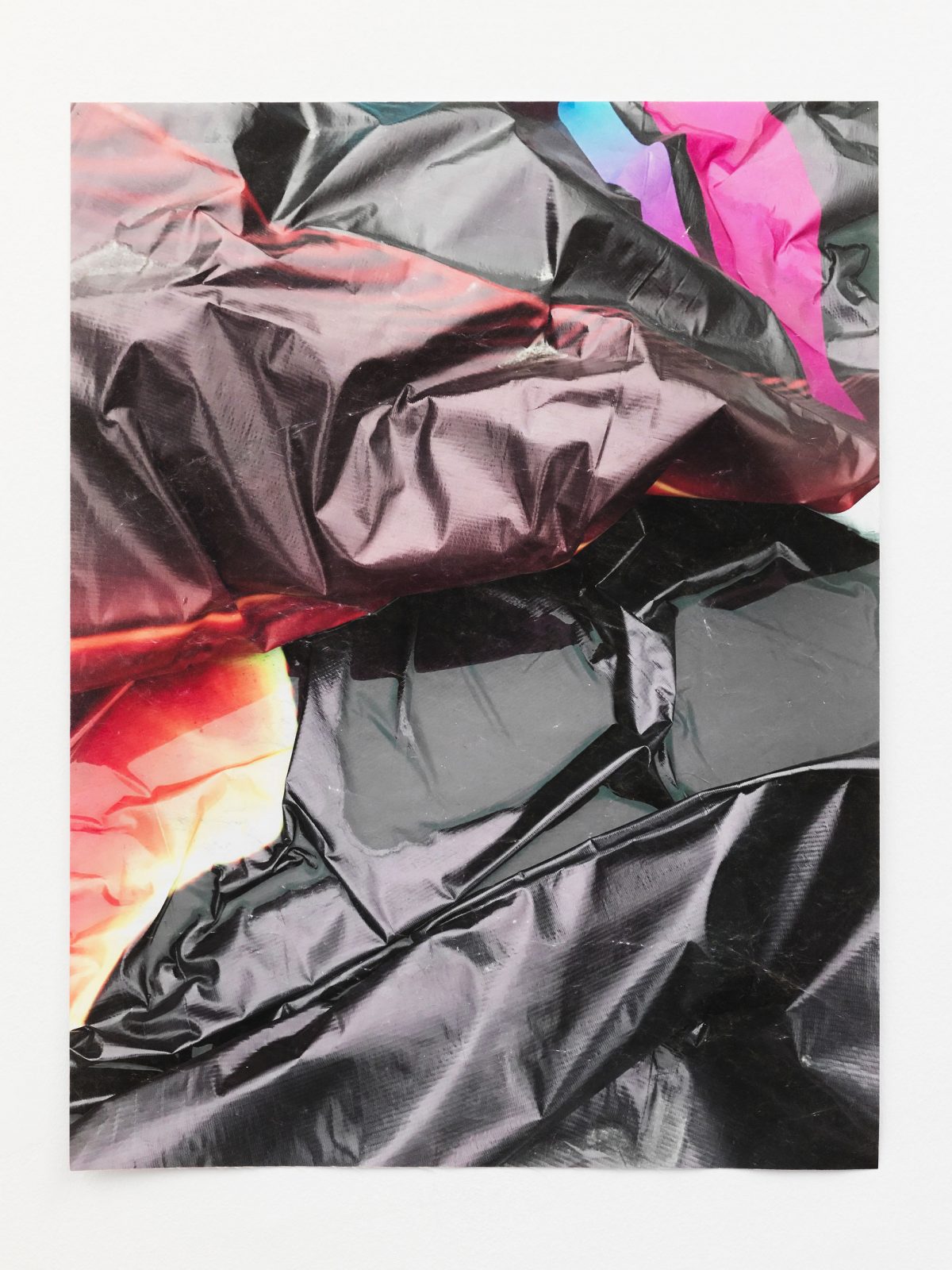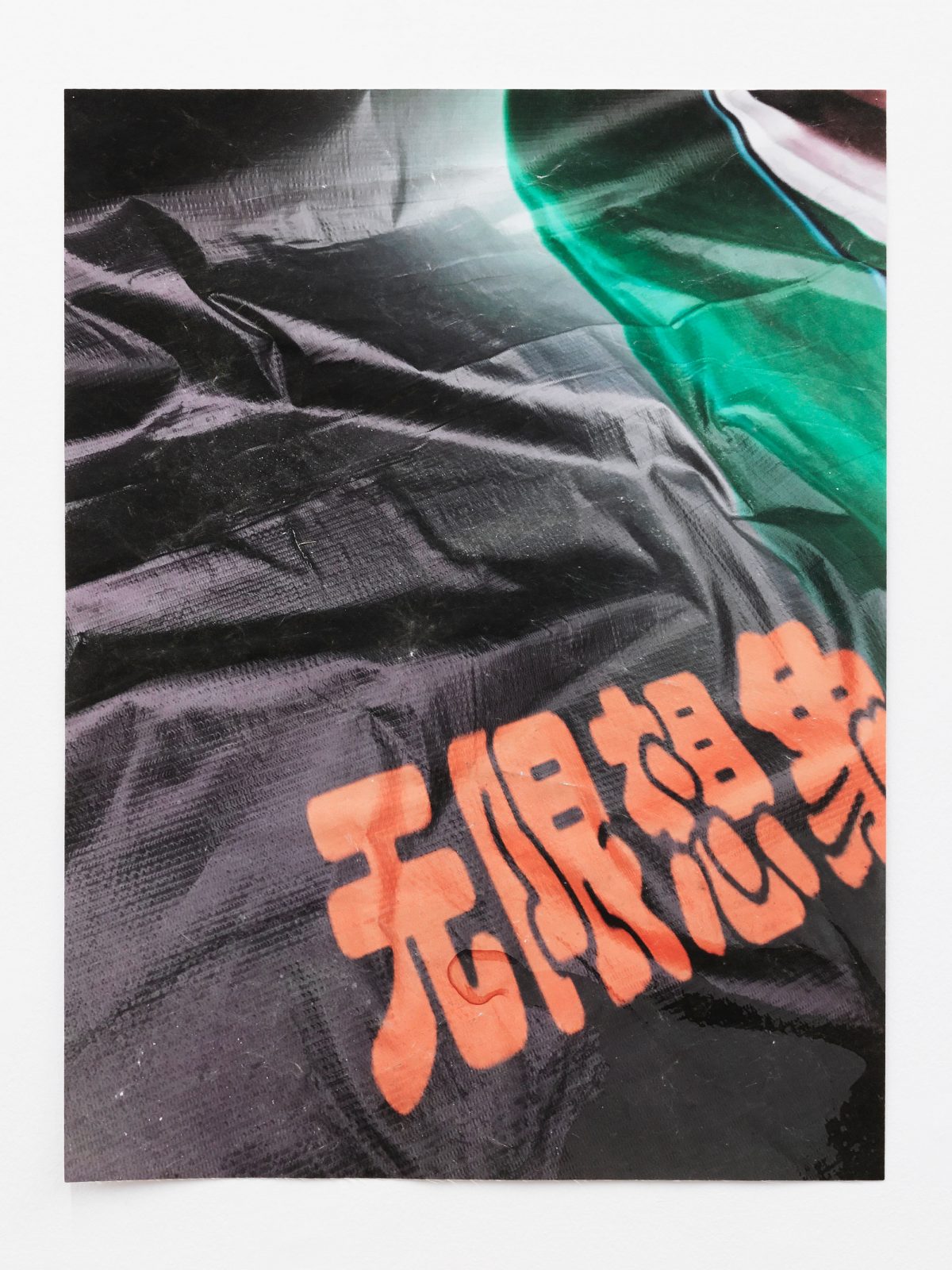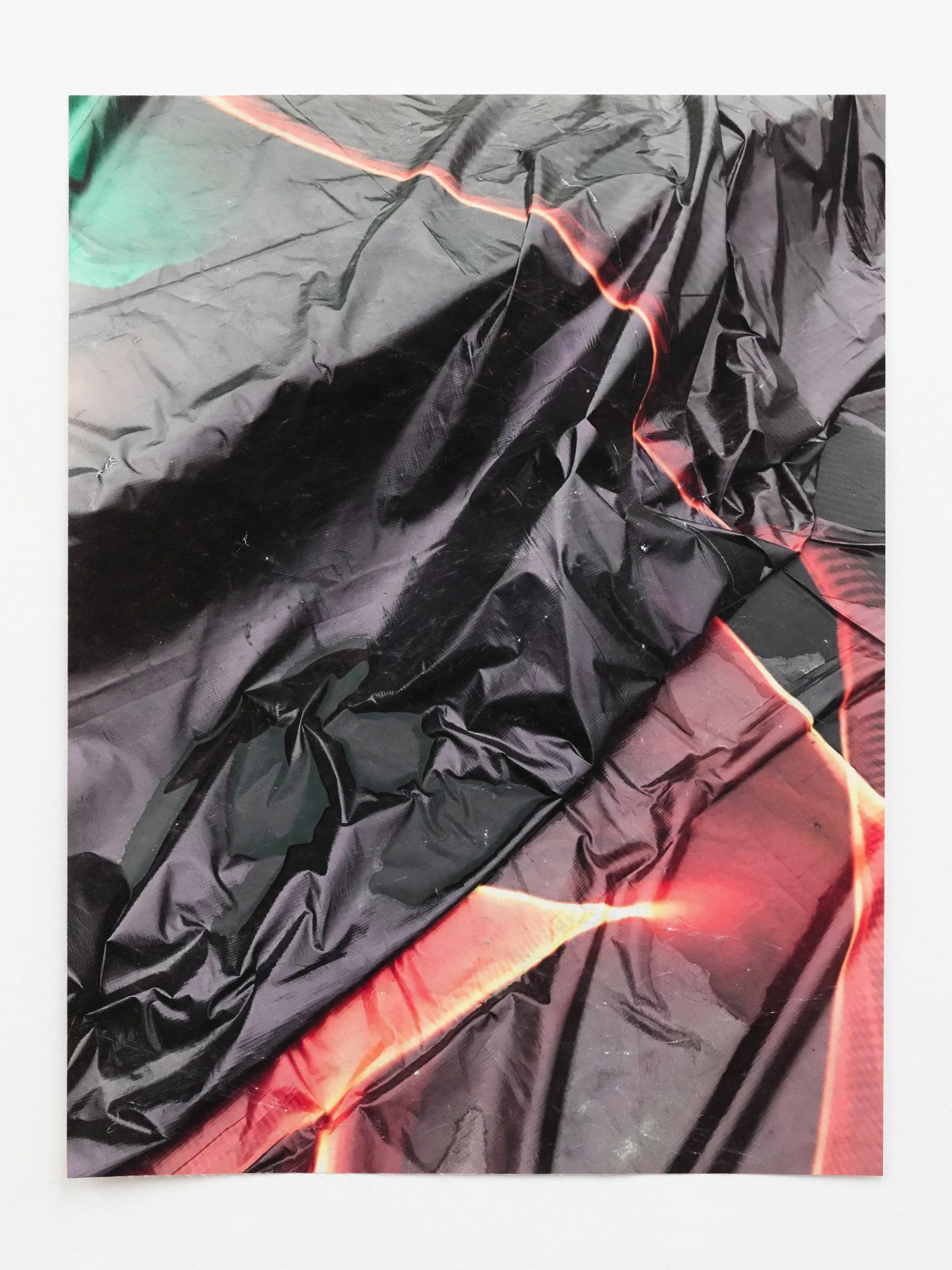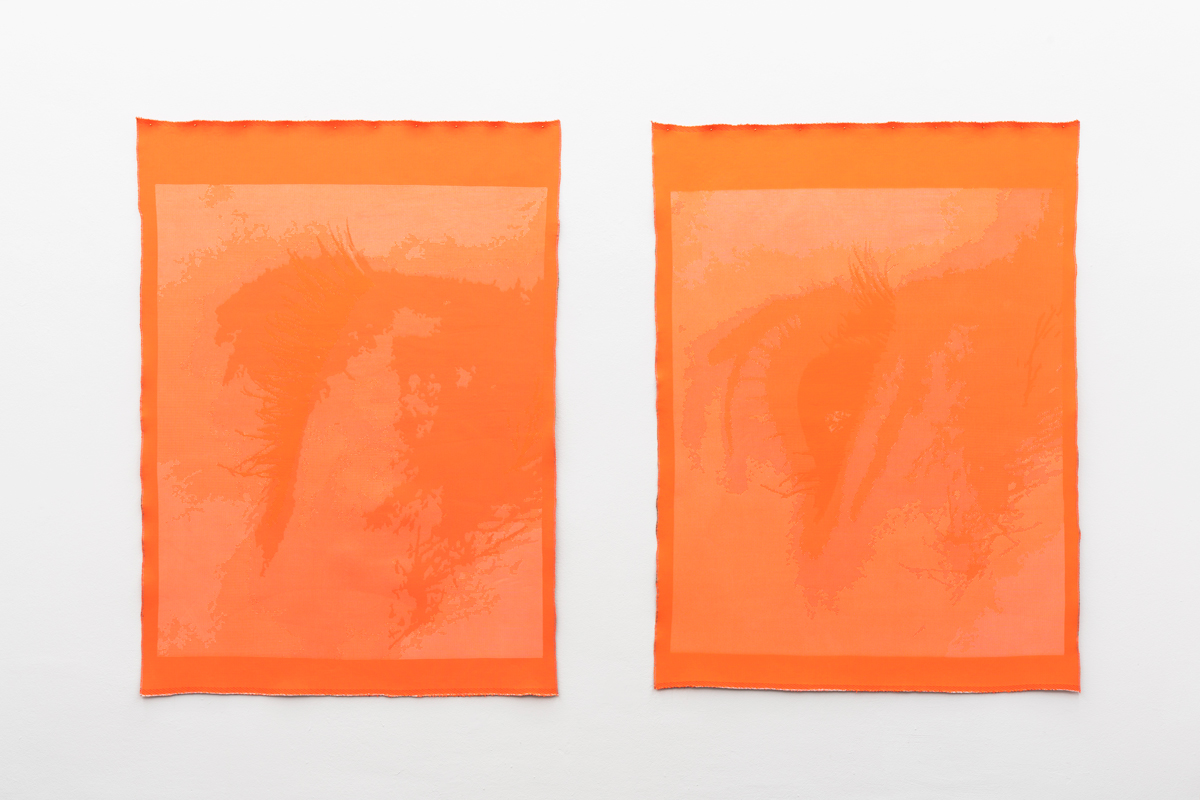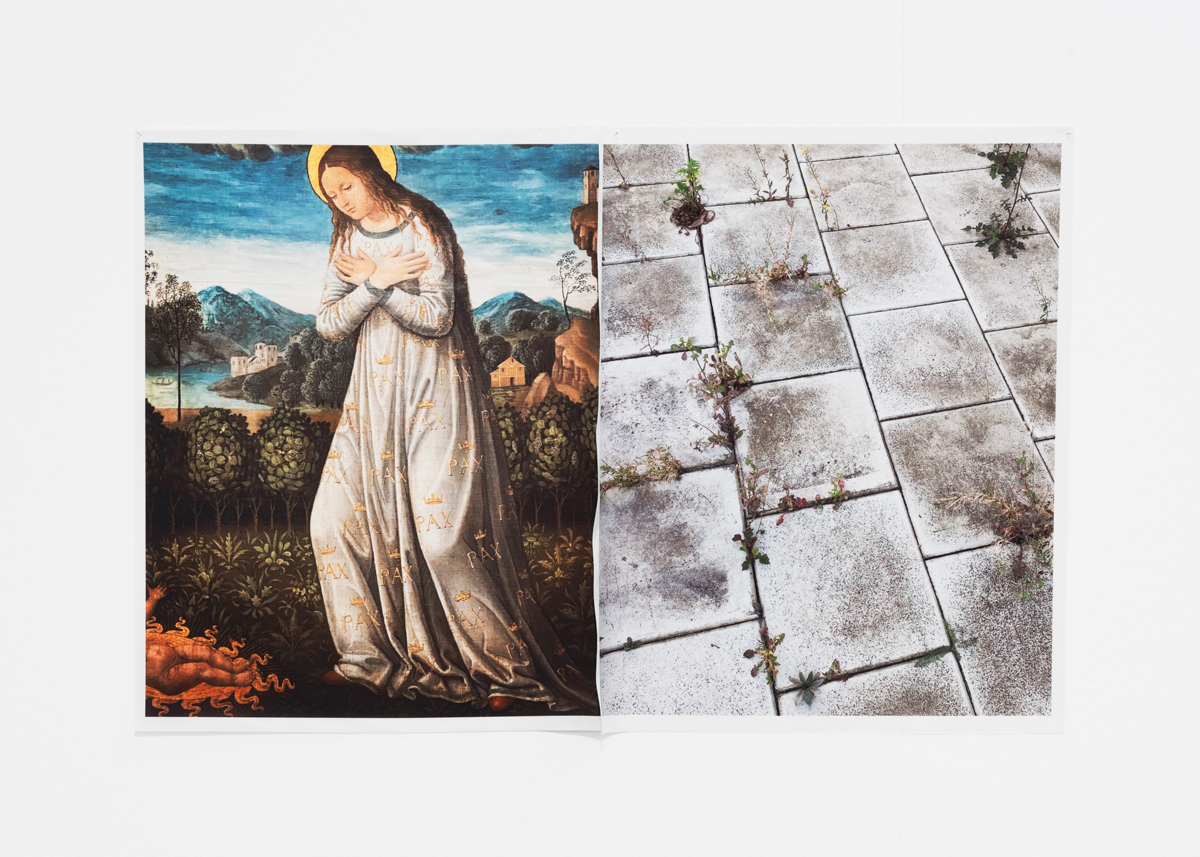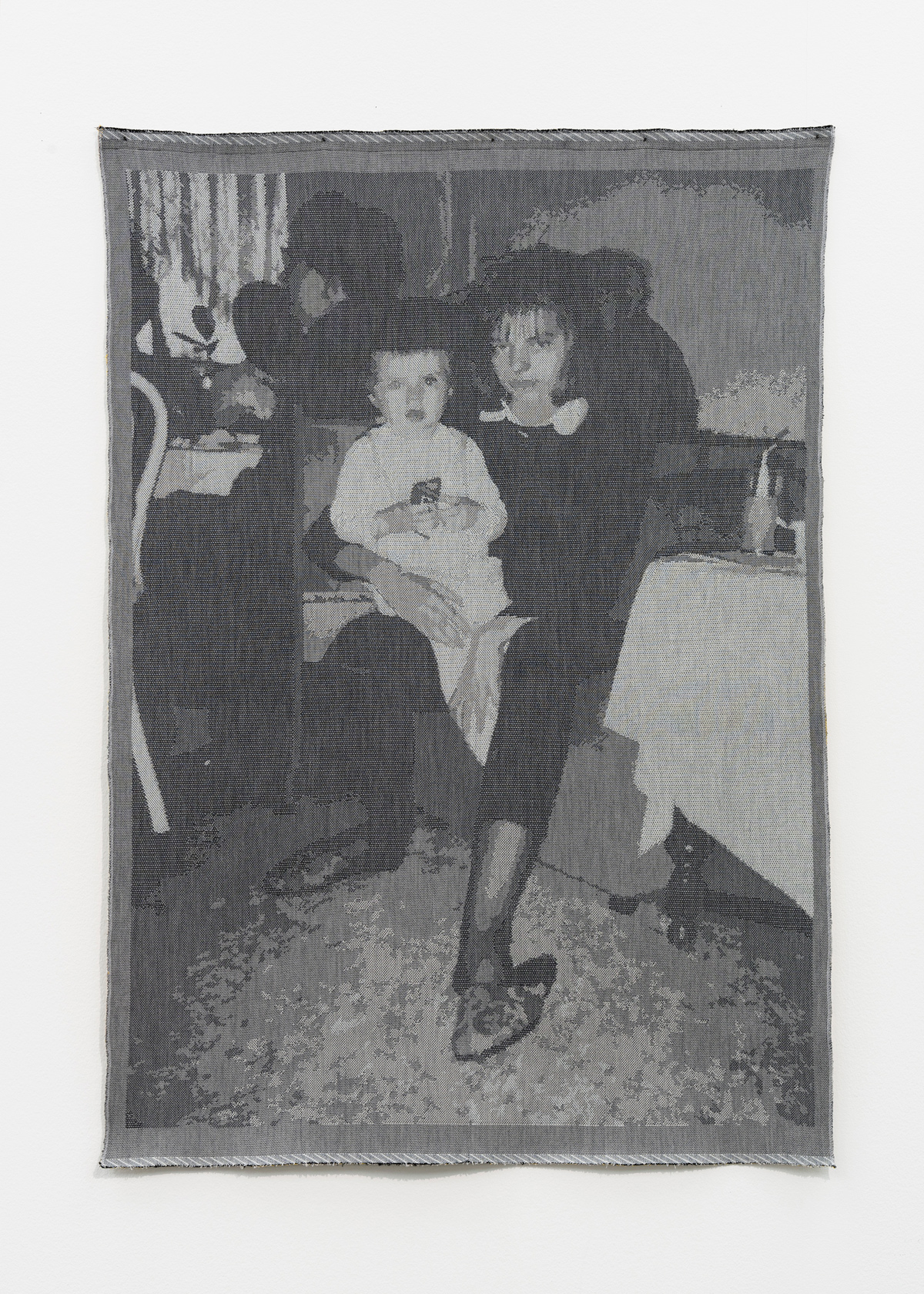Curators: Heide Häusler and Stefanie Kreuzer.
More than ever before, photography, as an essential artistic means of expression in our day, is undergoing a thorough questioning and analysis of its current state, be it at biennials and festivals, in exhibition series or during symposia. This has to do with a radical change in the production, use and dissemination of that medium. What is more, its development is being accompanied by a staggering, constantly growing number of new photographs in the world. Mass-produced images are being shared and copied and, in the digital revolution era, are becoming a huge, ever more fluid volume of images (with currently about 260 million added every day).
In the Rhineland in particular, the medium of photography has always been subjected to a rich and intensive study. How are artists formed by the “photography schools” in the Rhineland responding to current developments? What role do the artistic achievements of their teachers play in today’s image production? What insight does photography have in store? These are just some of the questions raised by the current exhibition Next Generations. Current Photography Made in the Rhineland.
The exhibition will show works by artists who were born in the 1970s and 80s and in the course of their training studied at the Dusseldorf Kunstakademie or the Kunsthochschule für Medien in Cologne. Thus it will focus on the current discourse about contemporary image production and interrogate the medium of photography by means of 18 different art statements.
The “photography schools” in the Rhineland have been and still are, of international significance. In the Rhineland, the engagement with photography as a conceptual medium is closely linked with the names of Bernd and Hilla Becher. Bernd Becher was appointed professor of photography at the Dusseldorf Kunstakademie in 1976. He was thus no only the first ever professor of photography in Germany, he also laid the foundations, together with his wife Hilla, for a tradition of conceptual photography that continues to this day: the renowned Becher School was born. So far it has produced famous artists like Andreas Gursky, Candida Höfer, Alex Hütte, Thomas Ruff and Thomas Struth. Thomas Ruff and Andreas Gursky returned to the Kunstakademie as professors and—like Christopher Williams today—continued the discourse about the photographic medium. By expanding the limits of the medium in their artistic work, they fundamentally developed the idea of what photography can be.
The Kunsthochschule für Medien (KHM) in Cologne was set up in 1990 and with it the only diploma course at the time in “audio-visual media.” It was a whole new trail-blazing location for the teaching and praxis of the art of photography. Jürgen Klauke was appointed professor of Art Photography at the KHM in 1994. Following a deputy professorship by Boris Becker, Beate Gütschow has given the course since 2011. Through the professorships of Johannes Wohnseifer and Mischa Kuball, photography was linked in to further artistic processes. Conceptual work on the expansion of photography sometimes led—also by means of self-reflective and genre-spanning experimentation—to a total rejection of traditional photography with all its traditional ascriptions and image-production techniques.
As for classifications, the artists in the ”Next Generations” exhibition shift all the limits. In keeping with a basically conceptual approach, they expand photography into space, motion, painting, poetry, graphics and the photographic: extended photography, made in the Rhineland.
These next generations of artists are aware of the fleetingness of the images on the net. They reflect on their exaggerated presence in everyday perception as well as on the conditions of their construction and reproduction as hybrids hovering between analogue and digital production techniques. Against the backdrop of the history of photography, they take leave of the old notion of photography as a reproduction of reality, integrating the once so attractive promise of reality into their artistic works merely as a slowly fading echo. This becomes visible in the difference between depiction and depicted, and indirectly also in the “making-of”: the photograph as a constructed image. Why photography has lost none of its persuasive powers despite these insights is what the exhibition aims to tell us by means of eighteen current artistic positions that open up the medium of photography for future uses.
With works by Alexander Basile, Johannes Bendzulla, Mia Boysen, Louisa Clement, Natalie Czech, Owen Gump, Alwin Lay, Peter Miller, Anne Pöhlmann, Johannes Post, Sebastian Riemer, Morgaine Schäfer, Berit Schneidereit, Shigeru Takato, Anna Vogel, Moritz Wegwerth, Christoph Westermeier, and Matthias Wollgast
Museum Morsbroich
Gustav-Heinemann-Str. 80
51377 Leverkusen
Telefon: +49 (0)214 85556-0
Fax: +49 (0)214 85556-44
museum-morsbroich@kulturstadtlev.de
